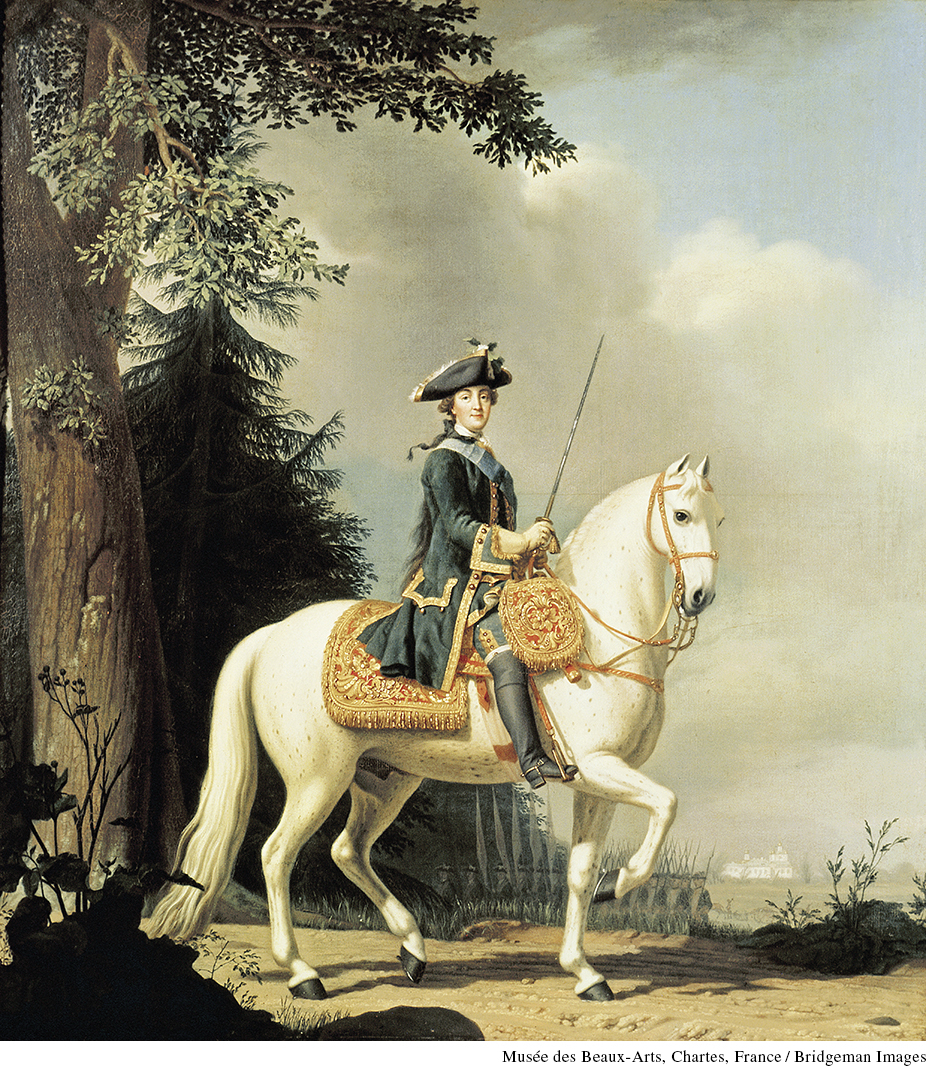Introduction for Chapter 18
Printed Page 574
Important Events
IN THE SUMMER OF 1766, Empress Catherine II of Russia (known as Catherine the Great) wrote to Voltaire, one of the leaders of the Enlightenment, praising him for entering “into combat against the enemies of mankind” and for fighting superstition, fanaticism, ignorance, and “evil judges.” Catherine corresponded regularly with Voltaire, a writer who, at home in France, found himself in constant conflict with authorities of church and state. Her admiring letter shows how influential Enlightenment ideas had become by the middle of the eighteenth century. Even an absolutist ruler such as Catherine endorsed many aspects of the Enlightenment call for reform.
Enlightenment writers such as Voltaire used every means at their disposal—including personal interaction with rulers—to argue for reform. Everything had to be examined in the cold light of reason, and anything that did not promote the improvement of humanity was to be jettisoned. As a result, Enlightenment writers supported religious toleration, attacked the legal use of torture to extract confessions, and criticized censorship by state or church. The book trade and new places for urban socializing, such as coffeehouses and learned societies, spread these ideas within a new elite of middle- and upper-class men and women. In contrast, the lower classes had little contact with Enlightenment ideas. Their lives were shaped more profoundly by an increasing population, rising food prices, and ongoing wars among the great powers.
CHAPTER FOCUS How did the Enlightenment influence Western politics, culture, and society?
Rulers pursued Enlightenment reforms that they believed might enhance state power, but they feared changes that might unleash popular discontent. All reform-minded rulers faced potential challenges to their authority. They were right to be concerned, for Enlightenment ideas paved the way for something much more radical and unexpected. The American Declaration of Independence in 1776 showed how Enlightenment ideas could be translated into democratic political practice. After 1789, democracy would come to Europe as well.